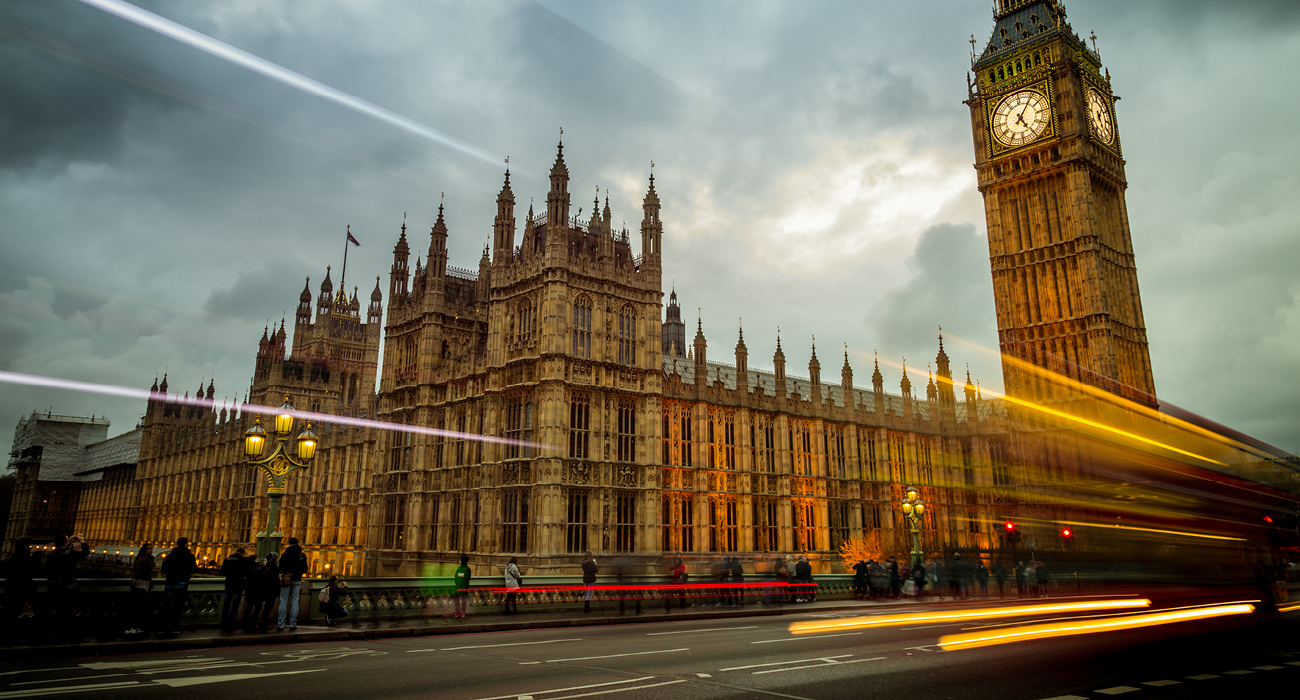/npm214%20Digital_H_UB139.jpg)
/npm214%20Digital_H_UB139.jpg)
The TNUoS shake‑up: electricity costs set for record increases from April
2 Mins
Are businesses set for the big data reveal?
Demand flexibility services explained: how businesses can benefit
1 Mins
2025 to 2026: key milestones, business challenges and future outlook
1 Mins
/npm214%20Digital_H_UB132.jpg)
/npm214%20Digital_H_UB145.jpg)
/npm214%20Digital_H_UB143.jpg)

/npm214%20Digital_H_UB142.jpg)
/npm214%20Digital_H_UB140_nBET.jpg)




/npm214%20Digital_H_UB121.jpg)
/npm214%20Digital_H_UB101.jpg)

.jpg)

/npm214%20Digital_H_UB15.jpg)

